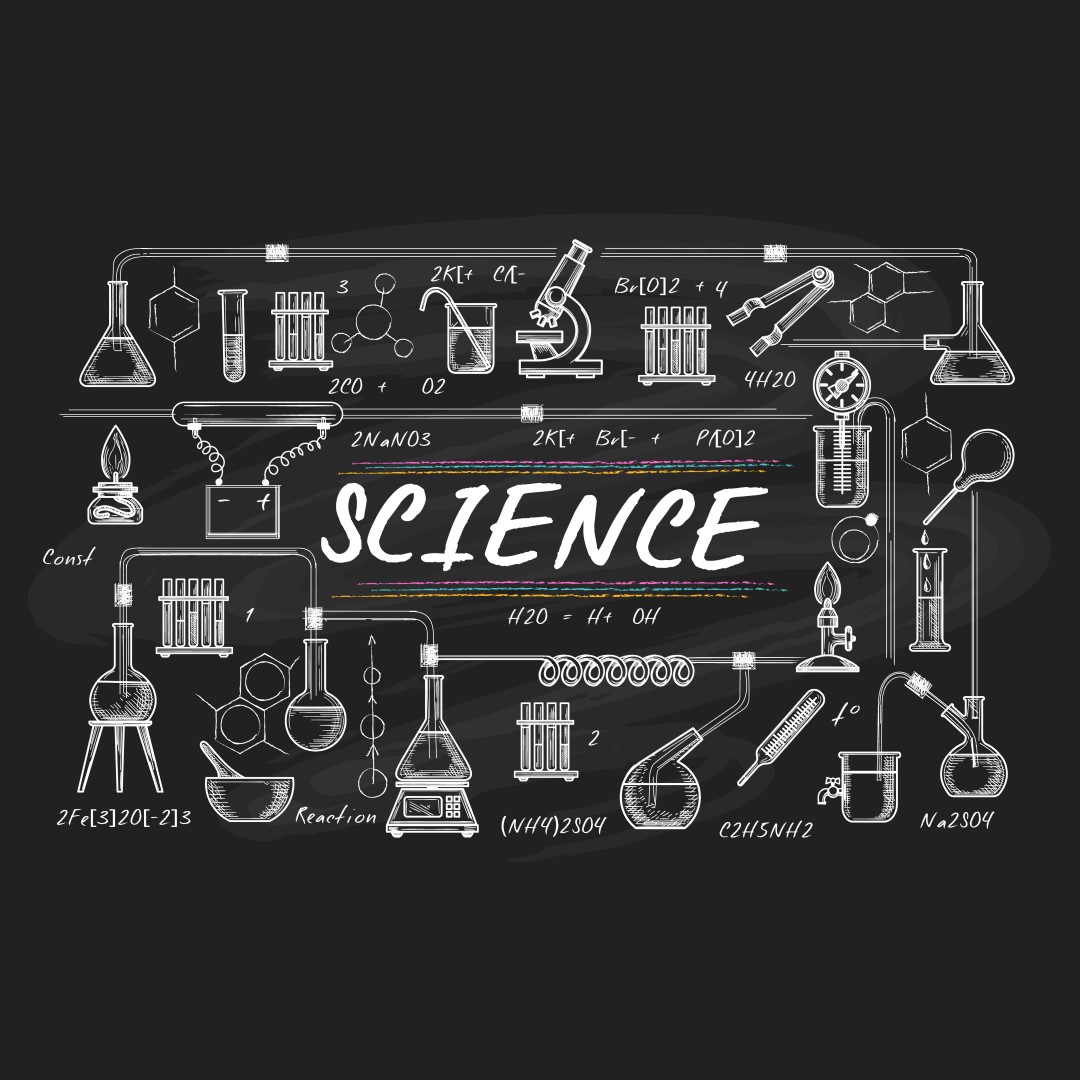
trust in scientists is high
On Jan. 20, 2025, a large international 68-country survey of 71,922 respondents found that in most countries, most people trust scientists and agree that scientists should engage more in society and policymaking.
Science is crucial for evidence-based decision-making. Public trust in scientists can help decision makers act on the basis of the best available evidence, especially during crises. However, in recent years the epistemic authority of science has been challenged, causing concerns about low public trust in scientists.
The survey covered 31% of the world’s countries, which together make up 79% of the global population. The data were collected between November 2022 and August 2023, with quota samples that were weighted according to national distributions of age, gender and education level, as well as country sample size.
Overall, trust in scientists is moderately high. No country shows low overall trust in scientists. People perceive scientists to have moderate integrity and benevolent intentions. For example, 57% of people believe that most scientists are honest, and 56% believe that most scientists are concerned about people’s well-being. Russia as well as several former Soviet republics and satellite states (such as Kazakhstan) show relatively low trust in scientists.
In most countries, scientists and scientific methods are trusted. This finding is in line with other international studies on trust in scientists. The study also found that certain factors, such as being male, being conservative, having high social dominance orientation (SDO) and having science-populist attitudes, are correlated with lower trust in scientists.
Tags:
Source: Nature
Credit:
